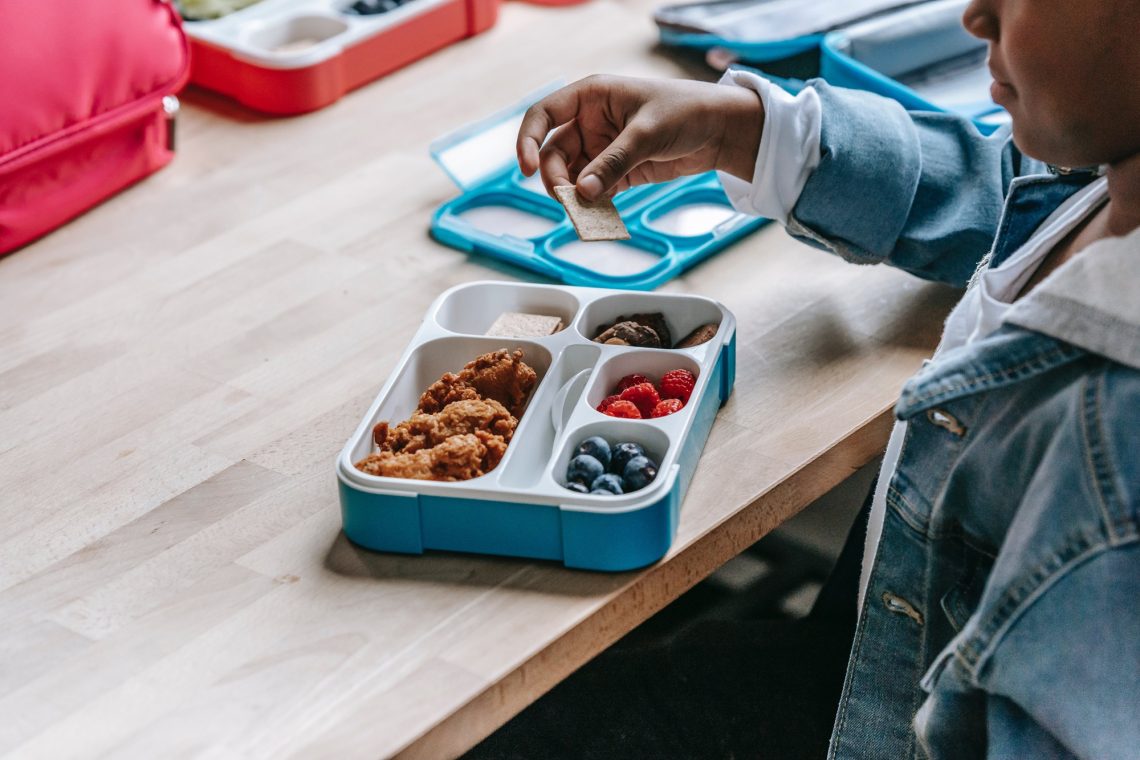
How Do My Child’s Lifestyle Choices Impact Their Education?
In the intricate tapestry of a child’s life, the threads of lifestyle choices are woven seamlessly into the fabric of their education. As parents, guardians, or educators, understanding the profound influence these choices wield is paramount in fostering a conducive environment for optimal learning and growth. Continue reading for some tips on how your child’s lifestyle choices impact their education.
1. Sleep Patterns: The Foundation of Cognitive Development
In the complex web of a child’s life, sleep emerges as a fundamental factor influencing their educational journey. Research consistently emphasises the direct link between sufficient, quality sleep and academic performance. This independent school in Cheshire recommends establishing a consistent bedtime routine and ensuring that children meet recommended sleep durations as it is imperative for enhancing concentration, memory retention, and problem-solving skills.
2. Nutrition: Fuelling Cognitive Abilities
The significance of nutrition in a child’s cognitive functioning cannot be overstated. A well-balanced diet provides essential nutrients crucial for brain development. Parents play a pivotal role in shaping their child’s academic success by offering a variety of nutrient-rich foods, promoting healthy eating habits, and limiting the consumption of processed and sugary snacks that can adversely affect energy levels and concentration.
3. Physical Activity: Energising the Mind
Beyond promoting physical health, regular exercise has a profound impact on cognitive function. Increased blood flow to the brain enhances attention, memory, and problem-solving skills. Parents can contribute to their child’s overall well-being by encouraging participation in physical activities, whether through organised sports, outdoor play, or regular exercise routines.
4. Screen Time: Balancing Technology for Educational Empowerment
Living in the digital age, screen time has become integral to a child’s lifestyle. While technology offers educational benefits, excessive screen time on non-educational content can hinder academic focus. Striking a balance, setting screen time limits, and engaging in joint activities ensure that technology is a tool for learning rather than a distraction.
5. Social and Emotional Well-being: Pillars of Academic Resilience
A positive and supportive home environment is crucial for nurturing a child’s emotional resilience. Social and emotional challenges such as bullying or peer pressure can significantly impact mental health and, consequently, academic performance. Open communication, active listening, and fostering a strong support system are essential in promoting a healthy emotional state conducive to learning.
6. Time Management and Organisational Skills: Building Foundations for Success
Effective time management and organisational skills are pivotal in a child’s academic journey. These skills are essential for handling assignments, meeting deadlines, and balancing extracurricular activities. Collaborative efforts between parents and educators are key to guiding children in developing these fundamental life skills, setting the stage for success both academically and in future endeavours.
In the intricate dance of a child’s lifestyle, each choice contributes to the symphony of their educational experience. Recognising and actively addressing factors such as sleep, nutrition, physical activity, screen time, emotional well-being, and organisational skills empower parents and educators to cultivate an environment where a child’s mind can thrive, unlocking their full potential academically and beyond.
Until next time.




